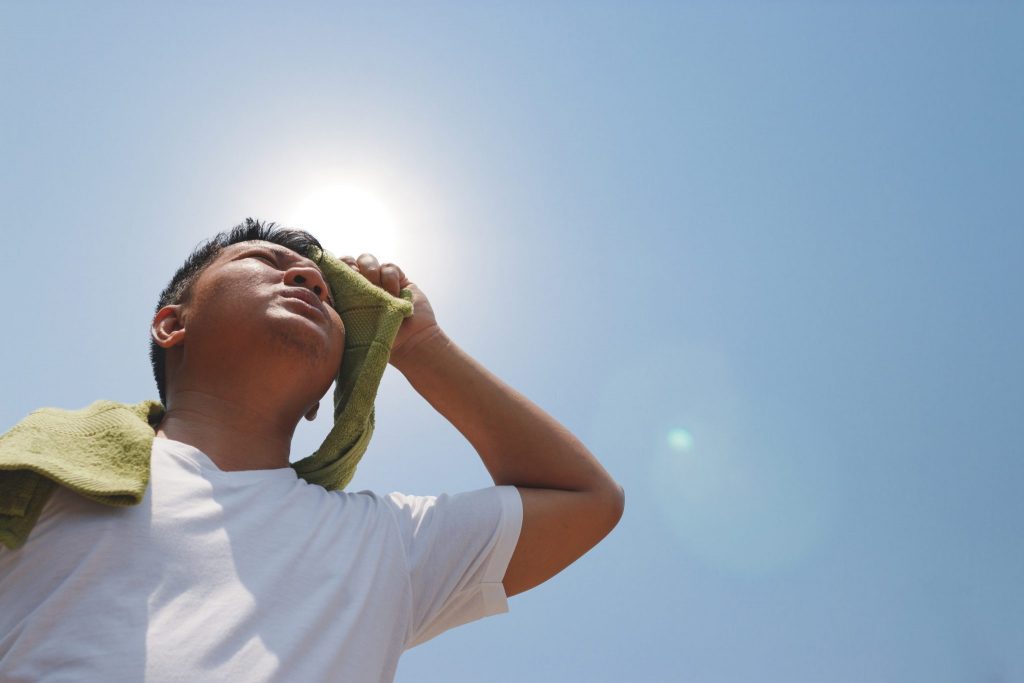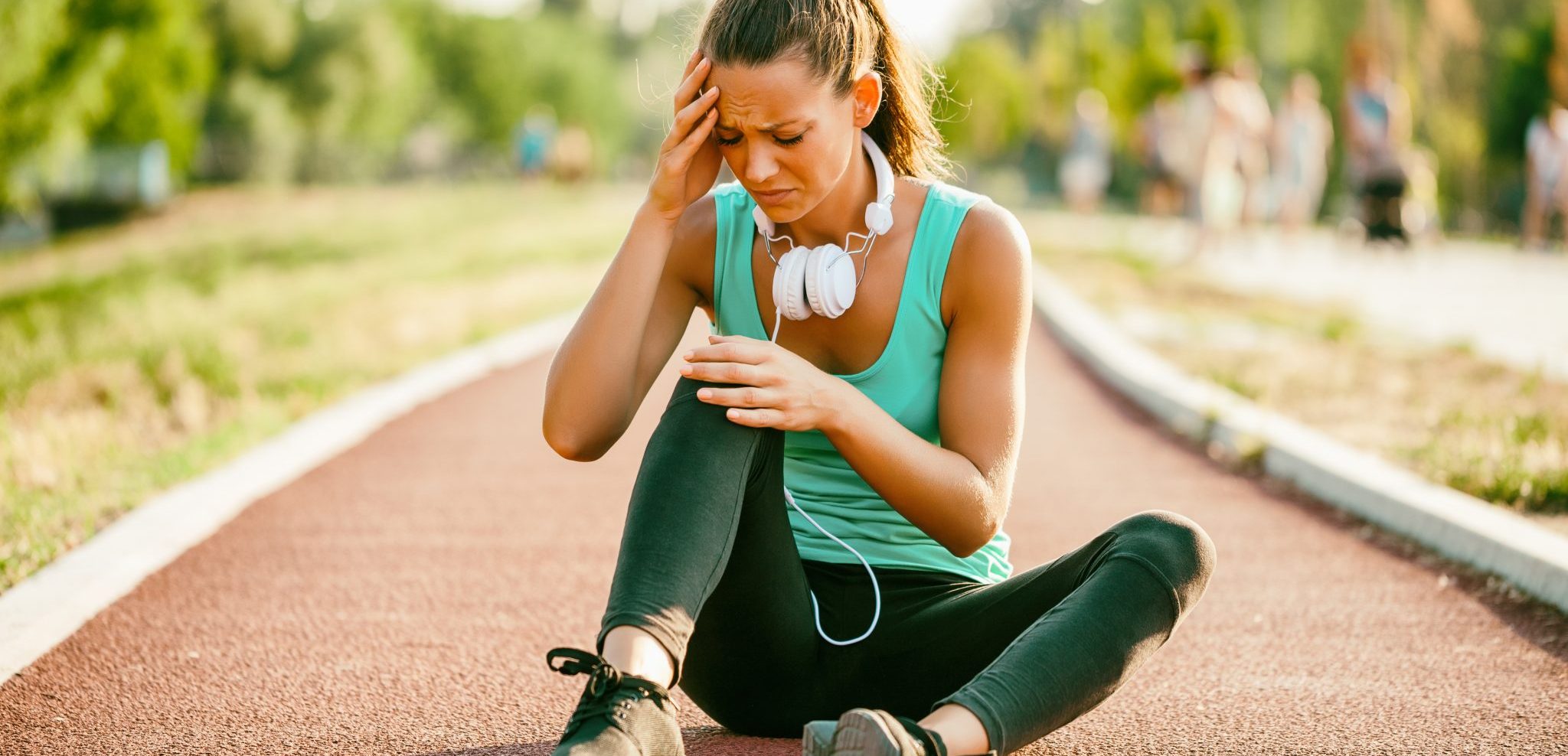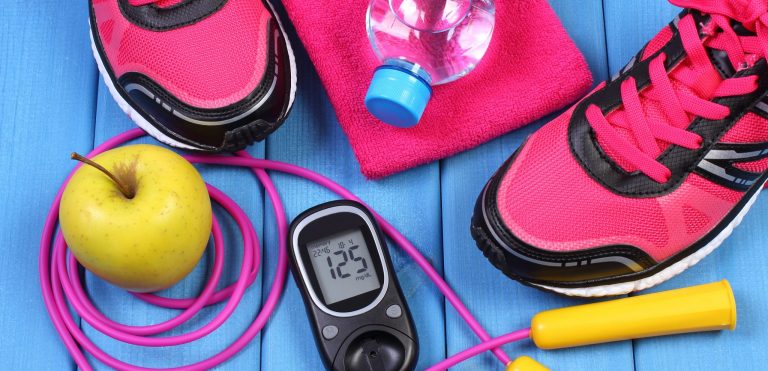6-8 glasses a day, that’s how much you should be getting, right? At least that’s the theory, but the reality is that how much water you need to drink in a day depends on a number of factors, including your body weight, how much you exercise, and your overall health.
So, then what is the right amount? How much should we be drinking, and how to know if our body’s is in need of some more of that precious H2O? And can dehydration cause those severe headaches?
In this article, you’ll find the answers to:
- What dehydration is
- What to look out for
- How dehydration affects the body
- If a lack of water cause headaches of migraines
What is dehydration?
Dehydration is what happens when your body loses more fluids than it takes in, meaning it doesn’t have enough to undertake your essential functions. Water helps you to:
- Rid your body of waste products
- Protect sensitive tissues
- Generate new cells
- Lubricate and cushion joints
- Maintain a normal bodily temperature
- And more.
Although simply not drinking enough can cause your fluid-balance levels to drop, some of the more common causes of the condition, especially for those most at-risk – young children and the elderly – are vomiting and diarrhea, or infections of the lungs or bladder.
But just because you are ‘healthy’ or ‘low risk’ doesn’t mean you shouldn’t watch out, dehydration can also occur from over-exercising, spending too much time in the blistering sun, or even sweating too much.
These external changes can alter your body’s fluid balance and leave you feeling less than stellar.
Dehydration is what happens when your body doesn’t have enough fluid to function. It can cause a number of problems for your system including headaches.
What signs and symptoms should you look out for?

Feeling parched, got a case of ‘dry mouth’, or just plain thirsty, these are all classic signs that you need to add more fluid to your system. However, they’re not the only ones. Dehydration can sneak up on you, and you can end up feeling its effects before you even realize what’s at fault.
Here’s what to watch out for:
- Exhaustion or fatigue, especially if you’ve slept enough
- Muscle pains or cramps
- Winkled or tired-looking skin
- Dark circles or ‘sunken’ eyes
- Overall weakness, dizziness or feeling as if you might faint
- Dark-colored urine or needing the toilet less often
- An increase in your heart rate
- Headaches
For an infant or small child who is unable to express themselves verbally, keep an eye out for the following signs:
- A lack of tears when crying
- Listless and doesn’t want to move
- Irritable
- No wet diapers for over three hours
- Sallow skin
- Sunken eyes and cheeks
If you or the person experiencing these symptoms is suffering from an infection, can’t keep fluids down, has bloody/black stools, is much sleepier than usual, or a young child or infant, please consult your doctor immediately.
Fatigue, listlessness, dry, sallow skin, and headaches, these are all symptoms of a fluid-balance upset within your body.
Can dehydration cause severe headaches?
If you haven’t taken in enough fluid lately, it’s likely you’re feeling more than just a little under the weather. This might be after a viral infection or perhaps you’ve just completed a particularly strenuous exercise routine that makes you sweat like never before.
Whatever the reason, this disruption in your body’s fluid balance is having some effect on your health. And one of the ways it might make itself known is with a headache.
When asked, “can dehydration cause headaches and nausea?”, the answer is a resounding yes. In fact, hydration’s role in that sore head of yours is so connected that one of the first pieces of advice, when pain occurs, is to drink a glass of water.
But, what’s the connection between your fluid levels and your knowledge power center?
Scientists think that dehydration can cause the brain to shrink slightly, as it pulls away from the skull a pain is felt. However, once you rehydrate, and the brain plumps back up again, dehydration headache symptoms, such as that ache should subside.
That’s why, first and foremost, it’s important before, during, and after any exercise routine to hydrate.
Dehydration can cause headaches among other things, stay ahead of the game by staying hydrated. If you’ve missed the mark, refresh your body as quickly as possible.
What about migraines?
If you’re a sufferer, you’ll know that a migraine is more than a straightforward headache. Among the list of symptoms can be nausea, aura, and an aversion of light.
Although the cause of type of headache isn’t well understood yet, it’s possible that, alongside other factors, a disruption in body fluid levels, could be a trigger. If you have a migraine caused by dehydration, one of the best things you can do, is trying to rehydrate your body and restore a little balance.
Of course, prevent is better than cure, so if you know this is one of your triggers, try to avoid the outcome before it happens and stay hydrated.
Dehydration can be a trigger cause for migraines, so remember, prevention is better than cure.
So, how much water do I need?

Depending on a number of factors, such as how much exercise you’ve done, your body type, your environment and more, the amount of water you need each day will vary.
Current recommendations suggest that men should aim for around 3.7 liters of H20, while women should go for a slightly lower level of 2.7 liters.
However, remember! These amounts aren’t exact, and if you’re feeling extra thirsty don’t deny yourself another glass.
But this isn’t your entire amount of daily fluids. Did you know that almost 20% comes from other sources, such as what you eat?
Ways to rehydrate (other than water)
While a refreshing bottle of water might be the gold standard for rehydration, and it’s a real must have, that’s not the only way to get fluid into your body. Here are some of the best water-intense food out there:
- Watermelon – it’s no surprise that water is featured in the name of this amazing fruit. Watermelon is known for being a tasty and natural refresher in hot weather. Water content – 92%.
- Cucumbers – a tasty addition to a salad or smoothie, cucumbers are an excellent source of refreshment during the summer months. Water content – 95%.
- Strawberries – watery doesn’t have to mean tasteless, strawberries are packed with flavor and natural juices to help you stay hydrated. Water content – 91%.
- Skimmed milk – packed with vitamins and minerals, skimmed milk can help refresh you and quench that appetite for something a little more. Water content – 91%.
- Cauliflower – not what you might typically think of as a natural hydration tool, however cauliflower is one mean water-storer, and that’s not to mention its nutritional benefits too. Water content – 92%.
If you’re suffering from the summer heat and looking for something to satisfy that thirst and keep hydrated, you can always mix and match to create some amazingly refreshing snacks. We’ve got some inspiration right here.



